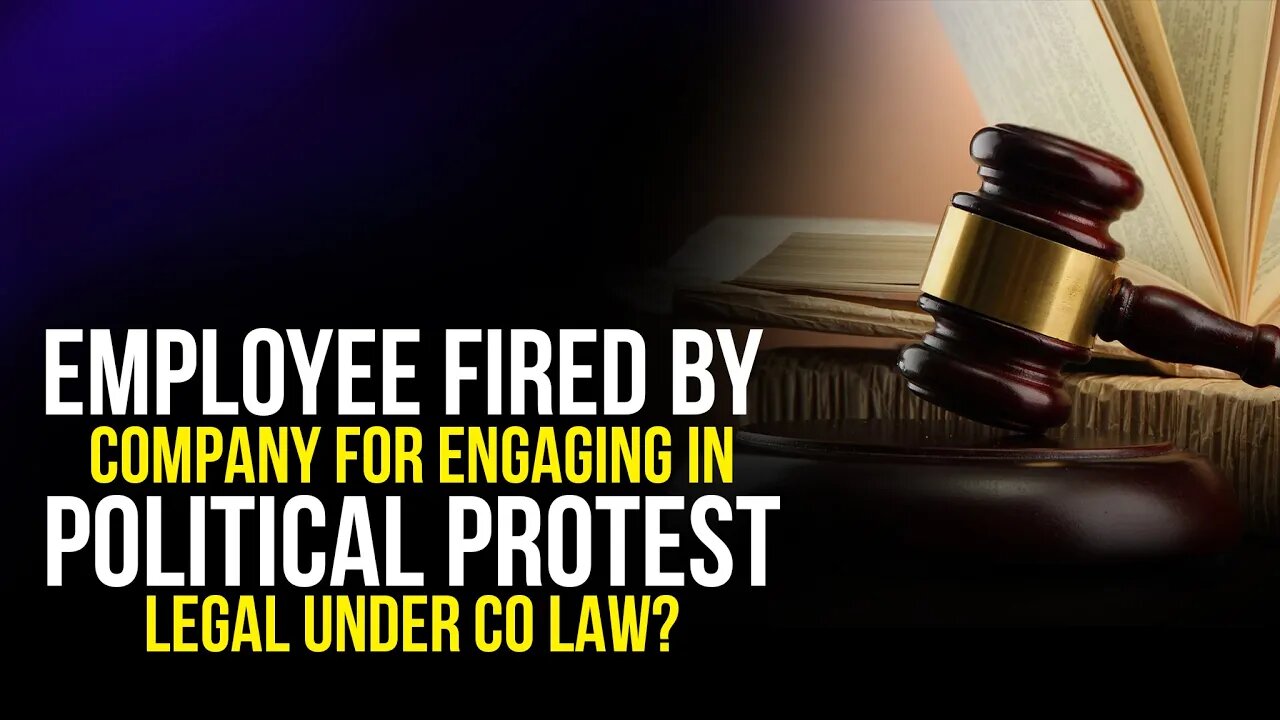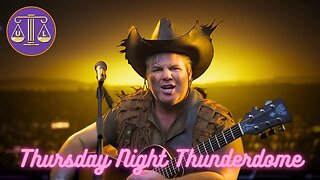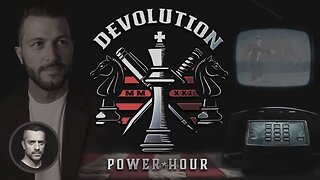Premium Only Content

Employee fired by company for engaging in political protest. Legal under CO law?
Employee fired by company for engaging in political protest, is it legal?
It was without question the best job Paula Oransky had ever had. The Colorado School of Mines graduate was making six figures, had a great benefits package and as far as she knew, was the only woman in her multi-billion dollar corporation, Martin Marietta Materials, who held the title of district sales manager.
So what was Oransky’s crime? What terrible thing had she done to deserve such an unceremonious dismissal? Was she bad at her job? No, it wasn’t that. In her three years with the company she had received nothing but good performance reviews and she had even recently received a substantial bonus. It turns out Oransky was fired for just one reason: She had participated in a lawful, nonviolent, public protest against the proposed drilling of new oil and gas wells near her home. And her employer believed that her protesting created a conflict of interest with her job.
She participated in a protest on September 27, 2017 in her own community on her own time at a public forum held by Anadarko Petroleum at the Erie Community Center to discuss its future drilling plans in the area, including 36 new wells within two miles of the Oransky home and her children’s elementary school.
Anadarko’s meeting notice invited members of the community to attend. At no time during the protest did Oransky ever identify herself as an employee of Martin Marietta, either by her words or what she was wearing.
During the Anadarko public forum where the protest occurred, Oransky says she recognized one of the representatives from the oil company. Martin Marietta sells certain materials and aggregates (think gravel) to Anadarko and other oil and gas companies for use in their construction of drilling pads and roads. As district sales manager at her company, Oransky says she doesn’t conduct direct sales to clients like Anadarko, rather she supervises the members of the sales force who do.
She says “Regardless of who you work for, you should be able to have an opinion, and if that opinion is different than the corporation’s public opinion or your boss’s opinion or the CEO’s opinion, that should be OK. The corporation doesn’t own you 24/7, the company doesn’t own you 24/7.”
The court concluded that, in any event, Oransky's actions would have fit within two exceptions to the statute, for activities that "reasonably and rationally relate to the employment activities of a particular employee or particular group of employees, or activities where disciplinary action "is necessary to avoid a conflict of interest" with the employee's liability to the employer.
Thanks for watching the video. Don't forget to subscribe the channel, Thanks!
-
 2:07:36
2:07:36
UncivilLaw
1 year agoThursday Night Thunderdome - Starbucks, Waffle House, Santos & More
1.03K -
 7:30:25
7:30:25
SpartakusLIVE
10 hours agoVerdansk Duos w/ Nicky || Saturday Spartoons - Variety Later?!
49.5K1 -
 1:38:47
1:38:47
Badlands Media
1 day agoDevolution Power Hour Ep. 387: Trump, Epstein, Durham Mysteries, and North Korea Ops
77.9K19 -
 1:05:23
1:05:23
Man in America
13 hours agoSoaring Gold Exposes the Imminent Crash of the Old System w/ John Perez
39.5K7 -
 2:42:40
2:42:40
TruthStream with Joe and Scott
14 hours agoTHOMAS AND GROK: AI, Bible decodes, The JESUS Cube live 9/6 #487
25K2 -
 2:34:46
2:34:46
BlackDiamondGunsandGear
8 hours agoGet Prepped / After Hours Armory / LIVE SHOW /
17K1 -
 2:01:39
2:01:39
Tundra Tactical
7 hours ago $6.38 earned🛑LIVE NOW!! This spits in the face of the Second Amendment.🛑
27.1K4 -
 2:34:46
2:34:46
DLDAfterDark
5 hours ago $1.64 earnedIt's SHTF! Do You Have What You Need?? Let's Review Items & Priorities
19.1K4 -
 28:58
28:58
Stephen Gardner
7 hours ago🚨Explosive allegations: Rosie O’Donnell connects Trump to Epstein scandal!?
33.9K60 -
 LIVE
LIVE
SavageJayGatsby
2 days agoSpicy Saturday | Let's Play: Grounded
491 watching